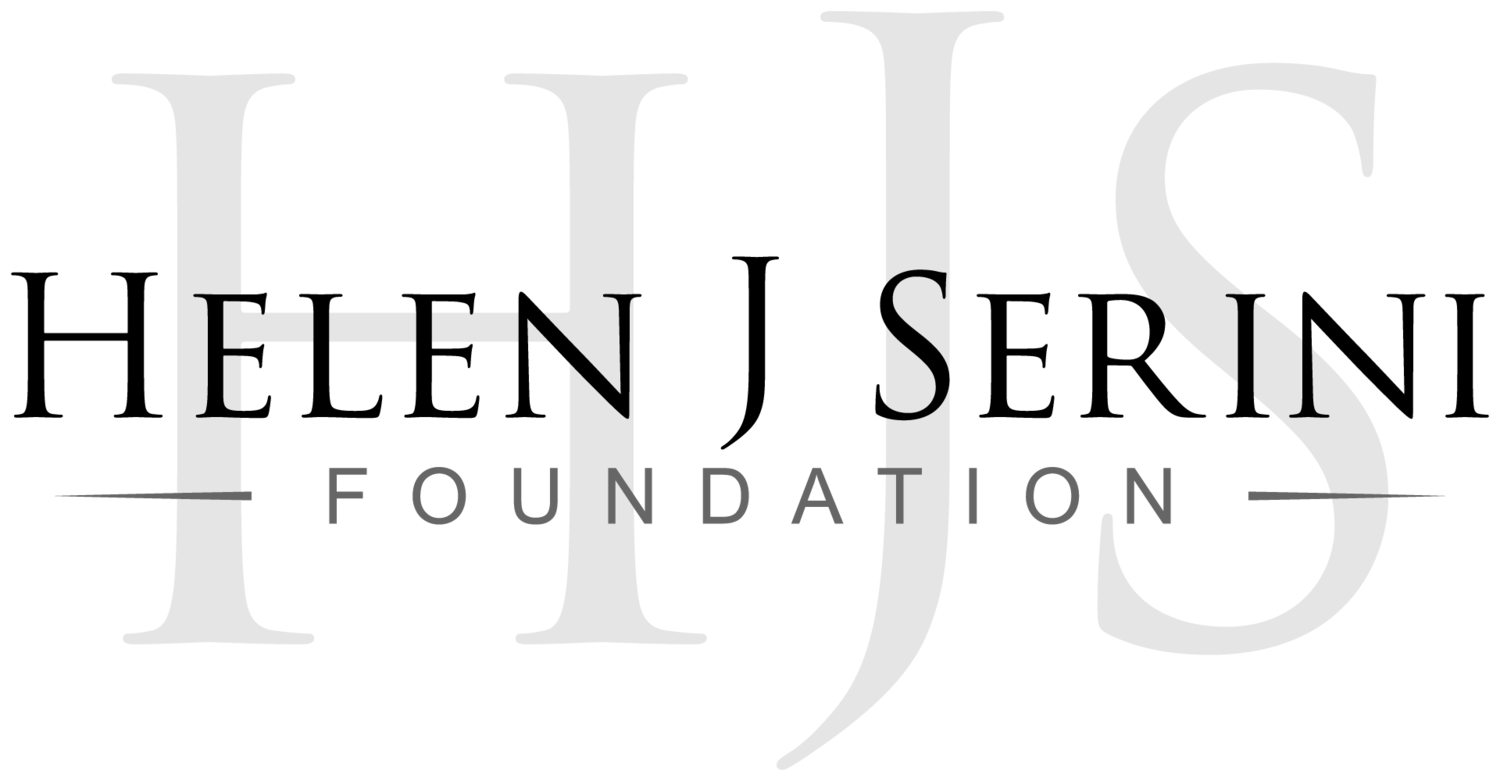The Chronicle of Philanthropy recently ran an Op-Ed offering fundraisers advice for first-time meetings with a potential donor. While every funder operates somewhat differently, much of the advice offered there would not apply to a meeting with the staff or board of The Helen J. Serini Foundation. Our Program Officer, Kerry McHugh, wrote a response adjusting these "expectations" (read: demands) for funders entering into first-time meetings, but we thought it could be helpful to expand upon the response to give current (or prospective) nonprofits an idea of what to expect when meeting with any of our team, be it staff or board.
We view our grantmaking as a way to build partnerships and collaborate with others whose work is mission-aligned with ours, and aim to set that tone from the very first meeting. It is impossible to talk about the “donor-grantee dynamic” without acknowledging power dynamics. As a funder, we have access to a pool of money that can be used to advance our mission. As a non-profit, you require said money to achieve yours. But what that transactional approach fails to consider is the fact that we, as a funder, need non-profits in order to achieve our mission: dollars alone don’t do that.
To that end, we offer this customized list of do’s and don’ts for a meeting with any representative from The Helen J Serini Foundation:
1. Do your homework. While not all funders have a web presence, we do. Recognizing that that website cannot—and should not—replace any and all in-person conversations, we do ask that you take 5 minutes to review our mission, guidelines, and eligibility requirements. As an organization with only 2 staff, we cannot accept meetings with everyone, and we will not accept meetings with organizations whose work is not mission-aligned with our own.
In return for your doing your homework, we promise to do ours. We’ll look at your website, understand what it is you do, and come to any meeting prepared to have a discussion about the heart and soul of your work.
2. Learn how to pronounce your contact’s name—and if you aren’t sure, ask politely. We’ll be honest: Kerry gets tired of being called Kelly. Or Hugh. But we’re all human, and we’re all trying to keep track of an unreasonably large Rolodex of information in our heads, and mistakes happen. All I ask is that if you are unsure of any of our names—or the name, gender identity, or pronunciation of any of our board or staff members—you make an effort to ask. In return, we promise to do the same for you.
3. Be reasonable in your expected arrival time. Your time is important, and we respect that. Do your best not to over-extend yourself in an effort to meet with us; we’re happy to reschedule or adjust a meeting start/end time as possible. Technology fails, meetings disappear from calendars, highways get shut down, childcare falls through. We get it. Life happens. Just give us a heads up if you’re running late or can’t make a meeting or call. We’ll do the same.
4. Be present. Take off your coat and stay a while. Stop looking at your watch. Put your phone away. (If you have a pressing need to keep your phone on hand, like a childcare emergency or a loved one in the hospital or some other timely manner, simply state that before proceeding. Keep your phone on vibrate and step out if needed.) Again, we’ll do the same for you.
5. Be flexible, but acknowledge your scheduling restraints where they exist. Everyone has scheduling restraints: childcare, office hours, side jobs, volunteer gigs. We’ll do everything we can to work within and around your organizational and personal time restraints. If you run an in-school program, we won’t propose only in-school hours for a business meeting. If you run a summer camp, we won’t require a site visit in November. If you don’t work on Mondays because that’s the day you stay home with your family, let’s find a Tuesday that works. In return, we’ll also be up front with you about scheduling constraints: we have board members who are in school, have full-time careers, travel frequently, etc. We’re also doing this thing called life around our philanthropic work, and we promise to let you do the same.
6. Show us what you know, and take our advice with a grain of salt. Look: you’re the expert. If we were experts in running a homeless shelter, or an after-school program, or an advocacy organization, we’d be running them. We’re not. We’re funding them. We look to you to be the subject matter expert in the room, and we’re excited to learn from—and with—you in your work. That said, we do have the benefit of interfacing with lots (and lots and lots and lots) of other funders, non-profits, and various change-makers. When appropriate, we may mention a possible project to look into, or an introduction that might be valuable, or a new idea worth discussing. Be aware that these are only ever meant as suggestions, not requirements of funding. We’ll remind you of that again and again and again, but know that we mean it.
7. We’ll pick up the check. Each party in this first meeting brings something different to a potential partnership. We bring financial resources; we’ll pay for the coffee/meal/what-have-you. [We also recognize that non-profits are often, however incorrectly, judged based on things like fundraising ratios; if our picking up a lunch check means one less thing in the list of “fundraising expenses” for you to report, we’re here for that.]
8. Everyone appreciates gratitude. We always, always appreciate your time and energy. We’ll do everything we can to follow-up on any promised next steps from our meeting, and ask you to do the same.
9. Feel free to ask for favors in an initial meeting, but don’t take a no personally. If there are other funders you need an introduction to, or connections we can make on your behalf, let us know. We aren’t mind-readers. That said, we’ll never make an introduction without first checking with both parties, and we won’t commit to connections in an initial meeting. Still, we love to brainstorm ways we can support others’ work even if an organization might not ultimately be a fit for our funding, and we look to you—as the expert in what you do and do not need—to help us figure out what’s appropriate.
10. Avoid making assumptions. Be open and honest about what you do and do not know about the person or persons you are meeting with, and the work they do. Remember that, just like you, the person you are meeting with is juggling any number of personal and professional demands in our collective work to change the world. Do assume, however, that we’re all in this together, and everyone, at every moment, is doing the best they can with what they have at hand.
Have we missed something? Is there something you wish funders--be it us, or someone else--would (or would not!) do in meetings with prospective or current grantees? We'd love to hear from you! Feel free to respond in the comments below, or if you prefer a less visible way to provide input, email us at info@hjsfoundation.org. (We hate that we have to say it, but say it we will: feedback on our grants process, meetings, or other interactions will always be taken into consideration, and will never impact an organization's past, current, or future funding requests in any way.)
Header image photo by rawpixel.com on Unsplash.

